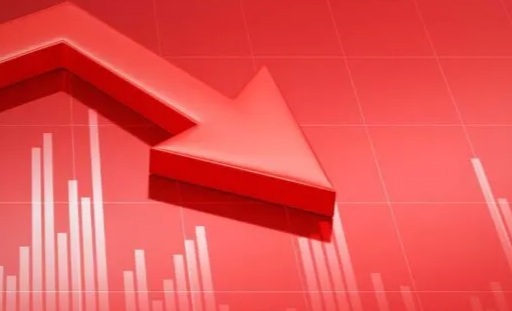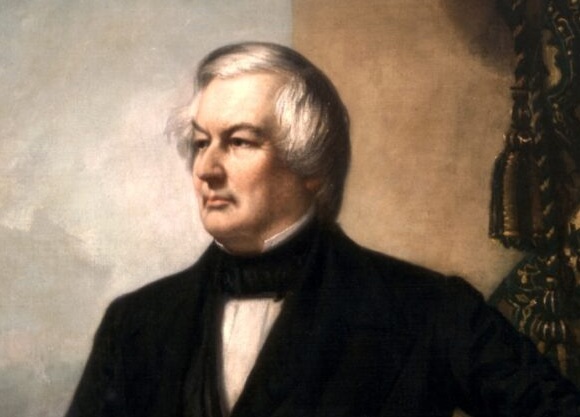By now, Americans should be well aware that there have been a substantial number of tariffs placed on nearly every country on Earth. This runs the gamut from China (population 1.4 billion) to the Heard and McDonald Islands (population 0)and nearly everywhere in between. What this is doing is making the conditions ripe worldwide for another Great Recession.
The Great Recession was the last purely man-made recession and it essentially started in the aftermath of the Dot-com bubble bursting. In 2008, it was trouble in the U.S. real estate market, primarily coming from allowing unqualified borrowers to take out several mortgages, which kickstarted a domino effect that wiped out about half of the S&P 500. The benchmark index didn’t regain its October 2007 high again for about five and a half years.

During that span of time, millions of people lost their jobs and their homes. This time, the stock market drop has been even more pronounced, shedding about 20% in 6 weeks. That kind of selloff has not been seen since COVID, which was not the result of deliberate economy-rattling decisions. Even then, the market recovered in about 6 months. Tariffs are a different beast altogether.
The threat of tariffs was enough to spook the market in February 2025, the implementation of tariffs caused American stocks to crater. Stock indices around the world have been in free fall as well, which is likely the point of the tariffs. A trade war can flare up incredibly fast, which is what the world is witnessing, though it can also be walked back just as quickly. The problem with walking back tariffs is that: A. The damage is mostly already done and B. Countries are going to take steps to fortify their own economies from being hit as hard by the tariffs next time.
If the trade war goes on for months, the likely result is going to go from a correction, which one could argue is something most major economies are now experiencing, straight to a full-blown recession. Global trade is responsible for millions of jobs in the U.S. Even though recessions historically lower inflation, this might be the first one in the post-WWI era to actually increase inflation for most people. The U.S. does not need to import food, but every single other aspect of food production other than the crops and livestock is going to be hit with painful price increases. Tariffs almost always get passed completely on to the consumer.
Retaliatory tariffs are likely going to be aimed at the American populace, moreso than its industry, as a way to push people to vote a certain way in the midterms. Congress is already working on massively dialing back Trump’s tariff powers, though passage of tariff-related legislation is iffy at best in the House. The Senate has been surprisingly open to limiting the President’s tariff powers, voting to end the blanket tariffs on Canada.
White House staff has indicated that at least 50 countries have reached out in the last week for trade talks. Whatever becomes of those talks is yet to be seen, but much of the damage is already done, though some of it can be mitigated. If it continues, the U.S. economy may very well enter another Great Recession.




